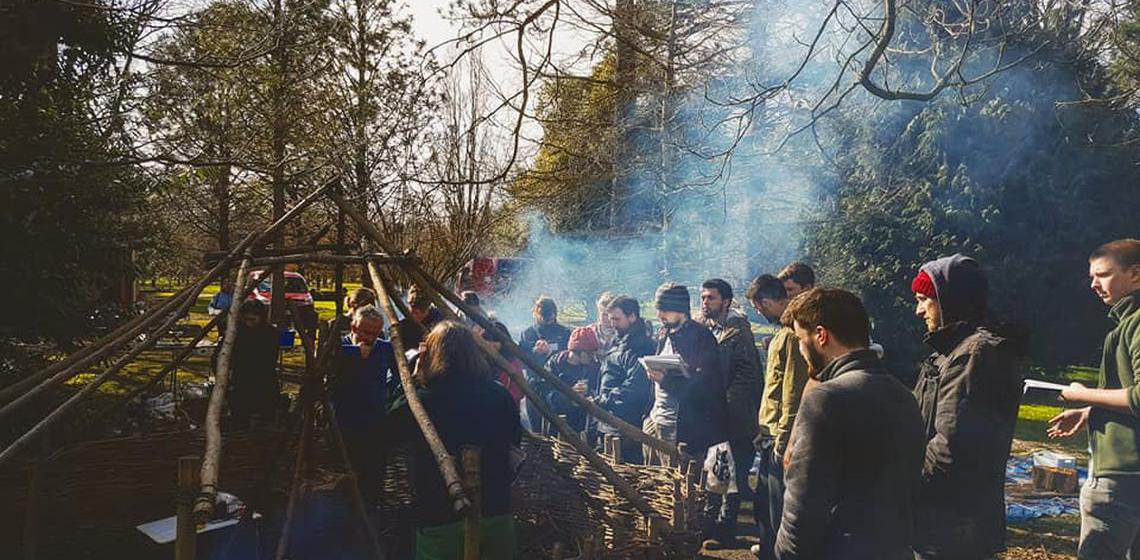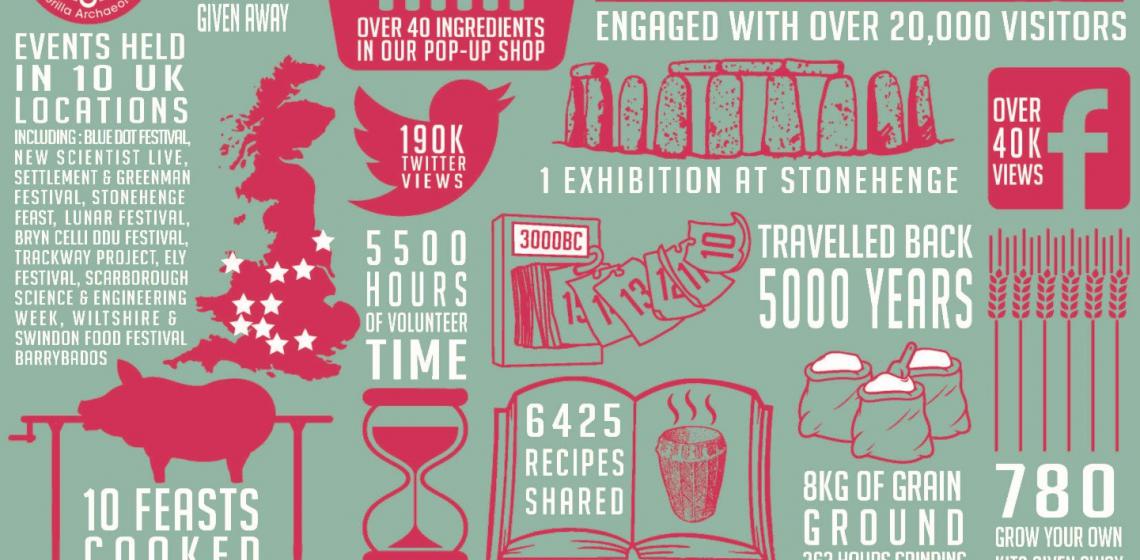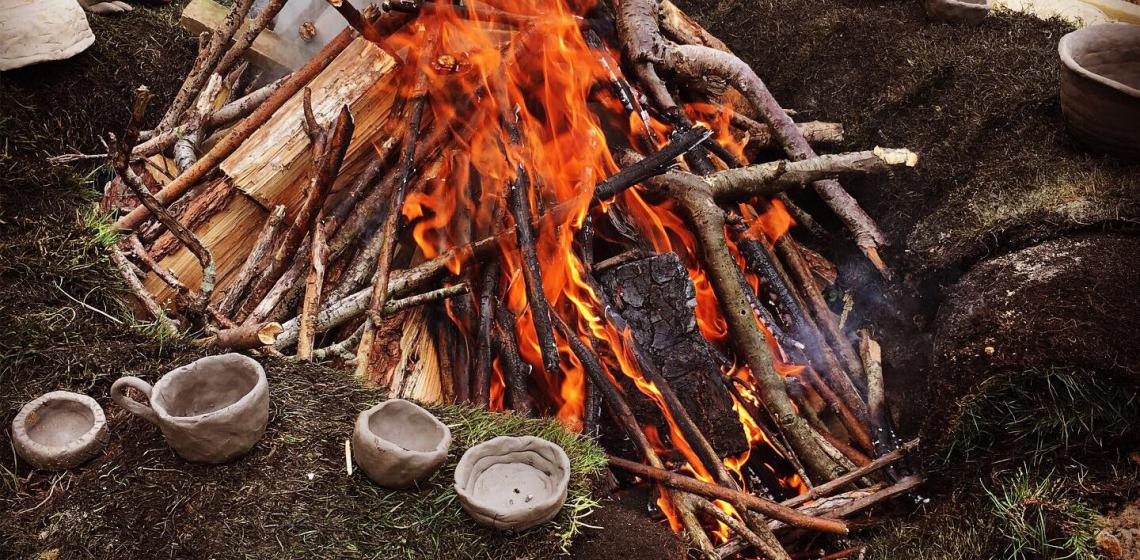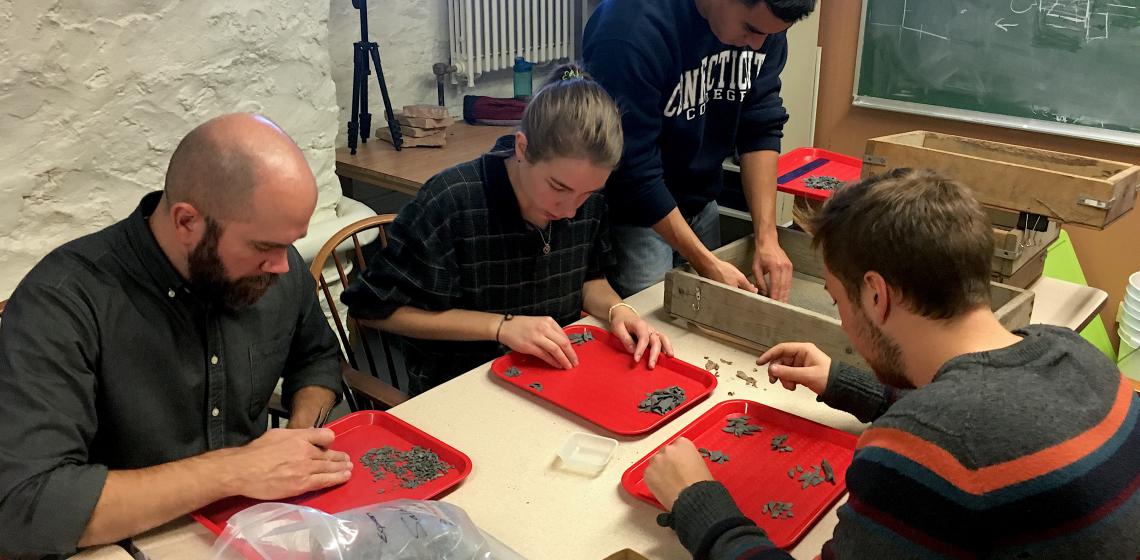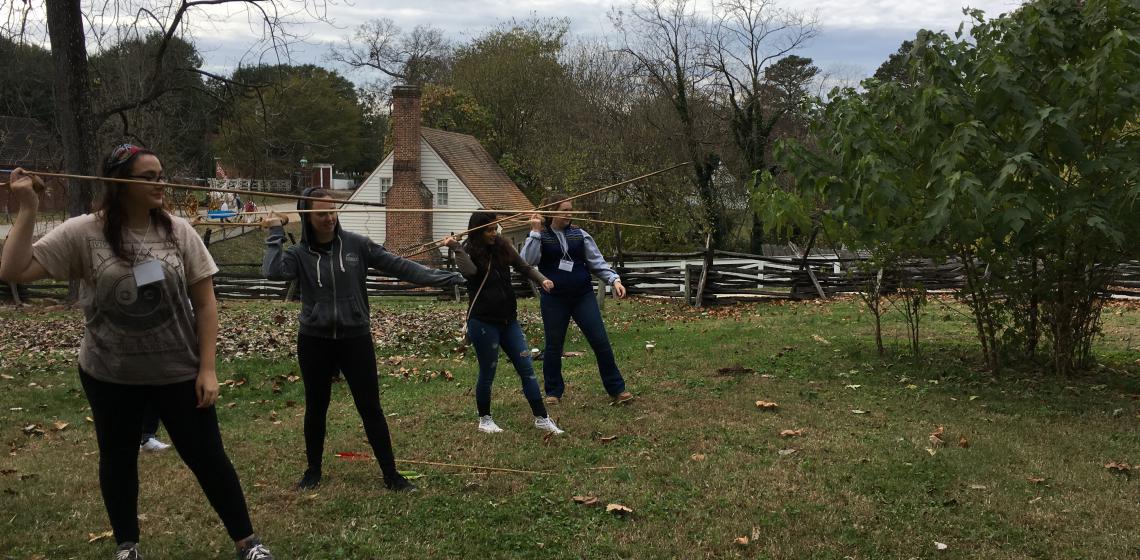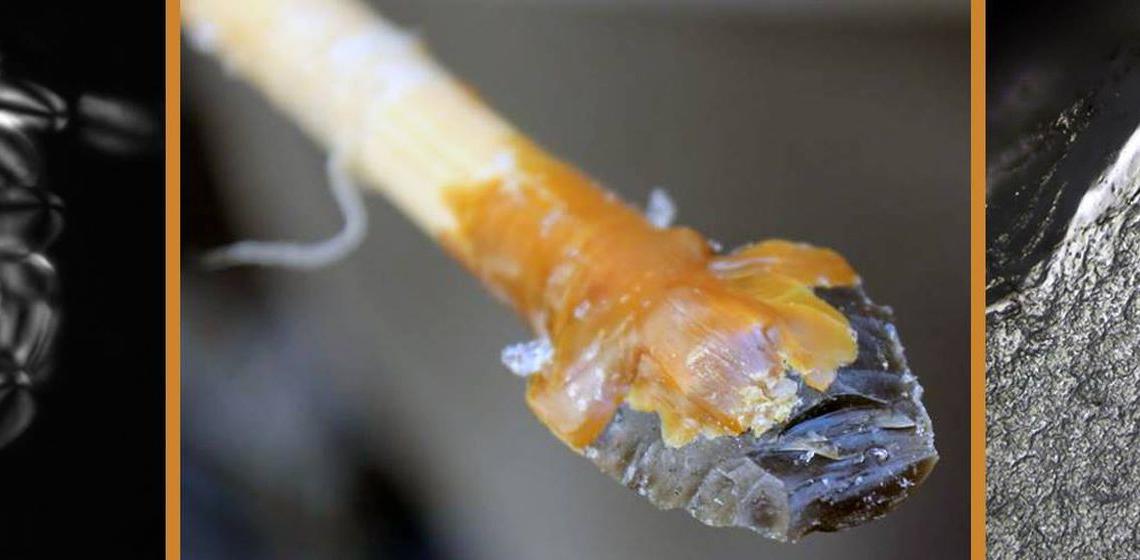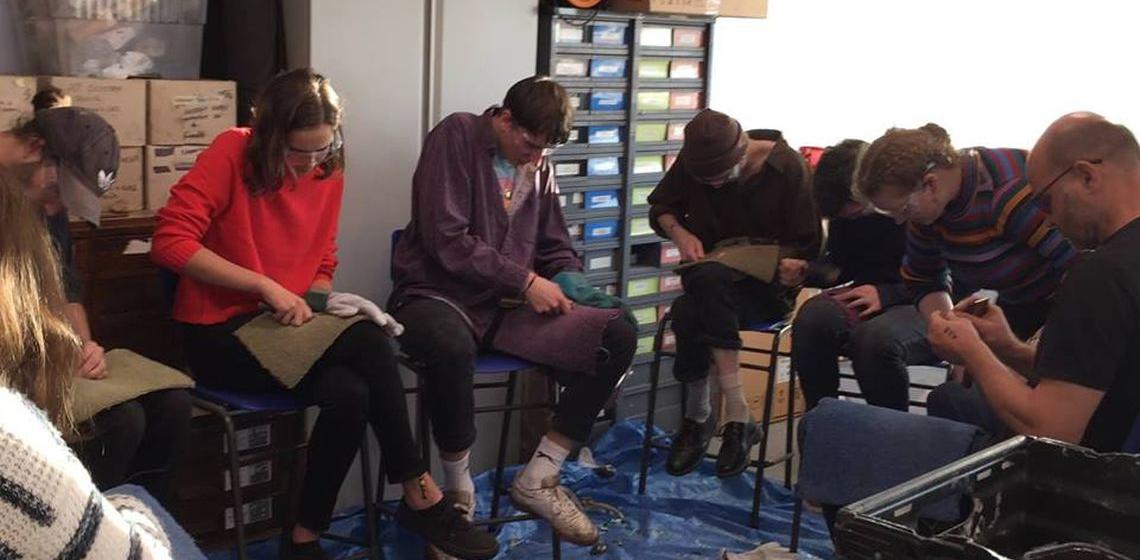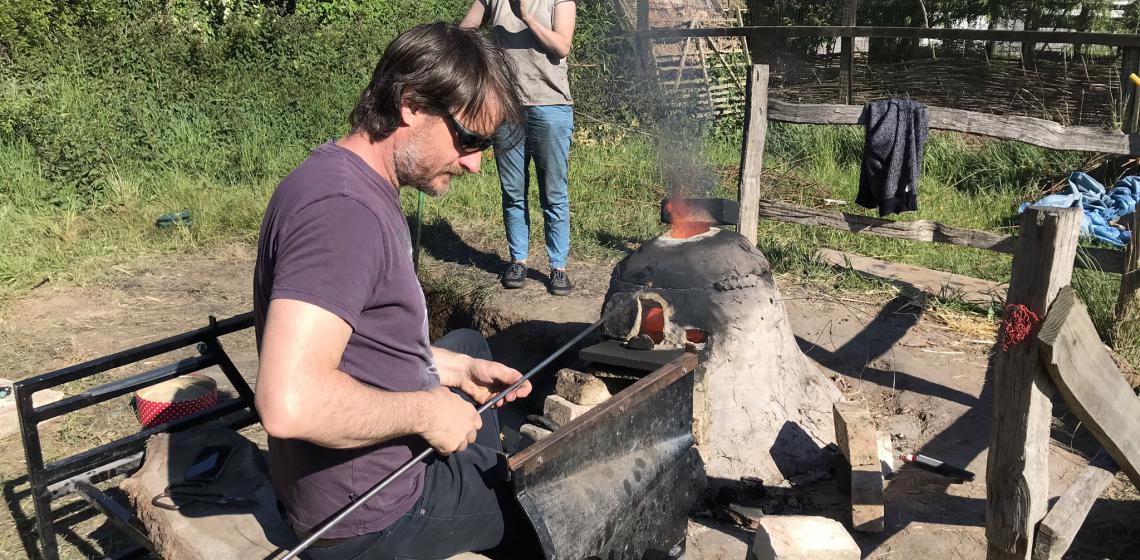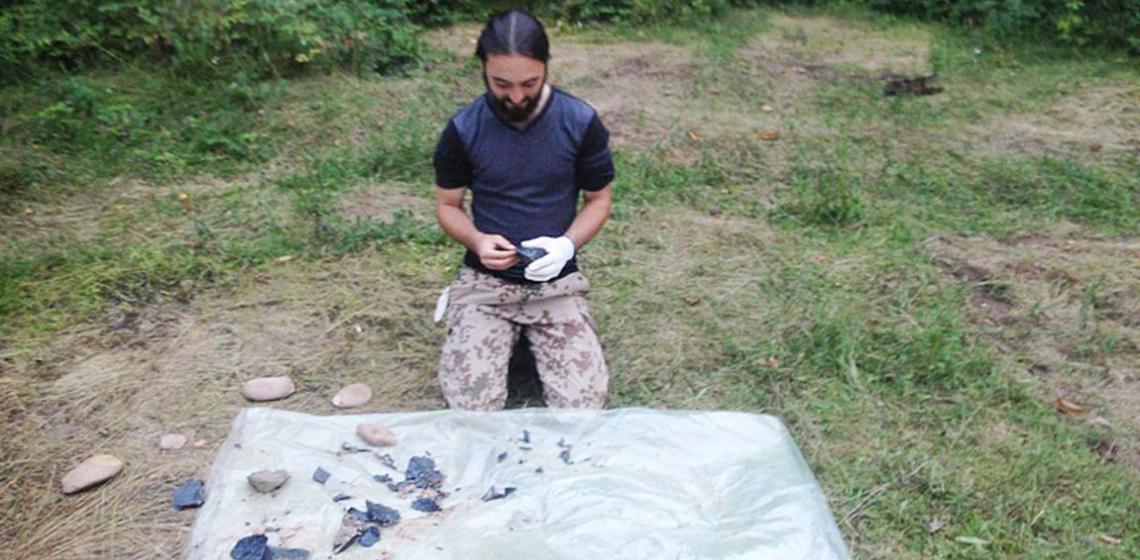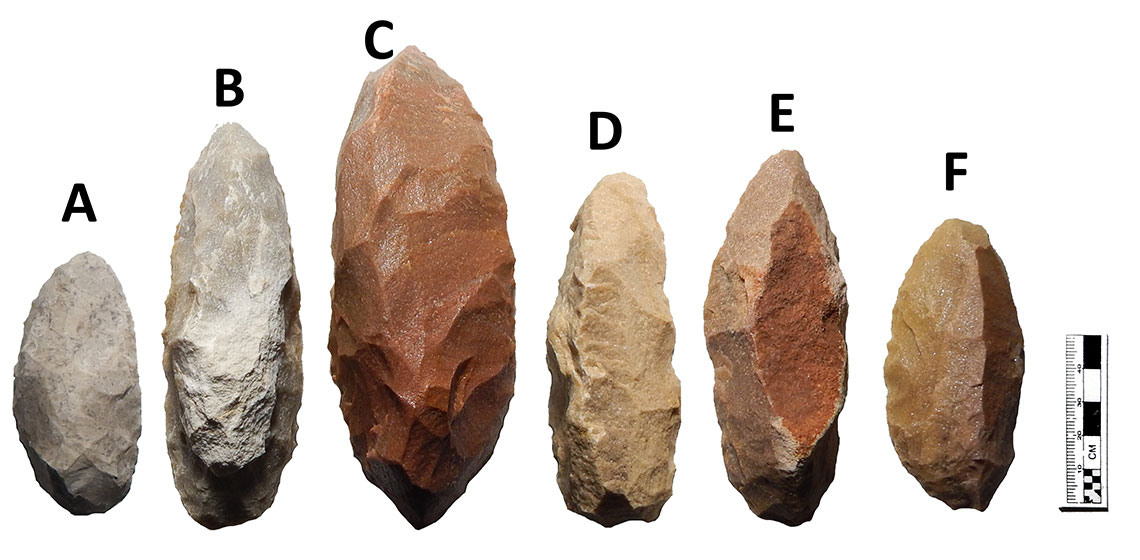University of Reading (UK)
With several colleagues, Prof. Martin Bell has coordinated several experimental archaeology projects at the University of Reading over the years.
Experimental archaeology plays an important role in research and teaching at Reading University. Staff with particular involvement in experimental archaeology at Reading are Prof. Martin Bell and Dr Rob Hosfield, but experimental research also features in the projects of many other staff (e.g. Prof. Steven Mithen & Dr Wendy Matthews), and spans all archaeological periods.

